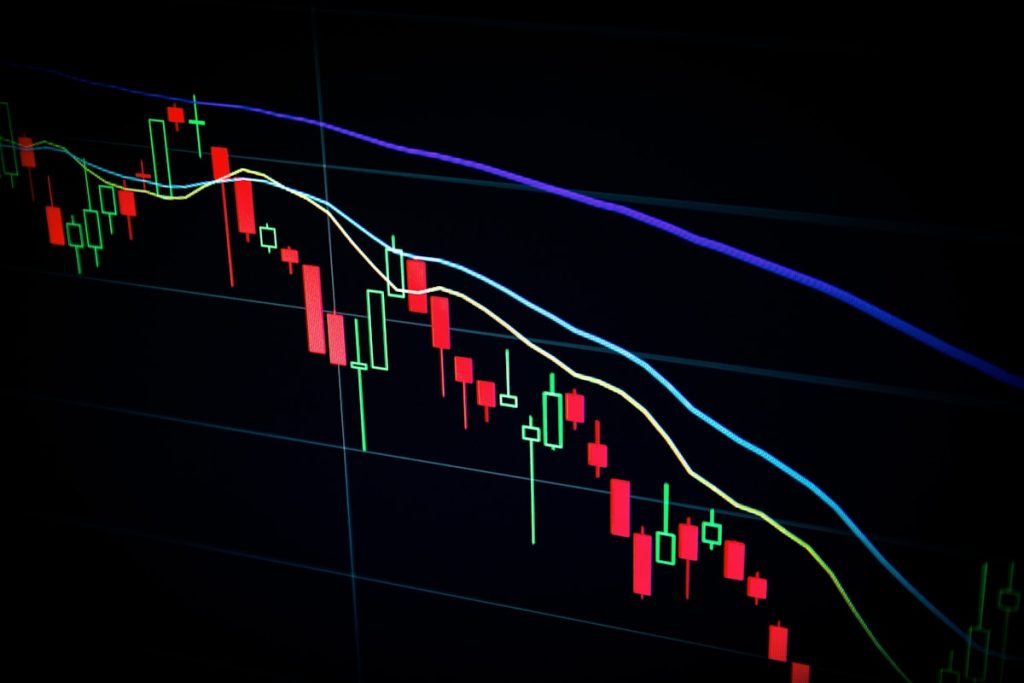Asian Shares Rise as China‑US Talks Conclude Without Trade Deal
Stocks across East Asia nudged higher on Thursday, buoyed by the aftermath of the high‑profile summit between Washington and Beijing that ended without a formal trade agreement. The market reaction underscores a broader sentiment that the very act of dialogue, even in the absence of concrete concessions, can temper geopolitical risk premiums that have haunted regional equities for months.
In Hong Kong, the Hang Seng Index climbed roughly 0.7%, while the Shanghai Composite rose 0.5%. Tokyo’s Nikkei 225 logged a 0.4% gain, and the Straits Times Index in Singapore added 0.6%. The gains were led by technology, consumer discretionary, and export‑driven manufacturers—sectors most vulnerable to tariff threats and supply‑chain disruptions.
Key drivers behind the rally include:
- Risk‑aversion easing: Investors view the summit as a signal that both governments prefer negotiation over escalation, reducing the probability of immediate trade barriers.
- Currency stabilization: The Chinese yuan steadied around 7.2 per US dollar, while the Japanese yen halted its slide, easing concerns over capital outflows from the region.
- Policy optimism: Both sides hinted at future cooperation on climate tech and digital standards, offering a glimpse of “green” and “high‑tech” pathways that could sustain long‑term growth.
Analysts caution, however, that the absence of a binding deal leaves many uncertainties intact. “The market is rewarding the diplomatic overture, but the underlying structural frictions—intellectual‑property disputes, market‑access constraints, and geopolitical alignments—remain unresolved,” said Li Wei, a senior strategist at CICC. “If the next round of talks stalls, we could see the upside reversed within weeks.”
Sector‑specific impacts were evident. Chinese e‑commerce giants such as Alibaba and JD.com rallied on news that the two sides agreed to maintain a “level‑playing field” for cross‑border digital services. In contrast, U.S. semiconductor firms, still wary of potential export curbs, posted modest gains, reflecting a delicate balance between optimism and caution.
Regional bond markets also responded positively. Taiwan’s 10‑year government yield slipped to 1.88%, and South Korea’s sovereign bond spread narrowed to 1.32% over the U‑S Treasury, indicating that sovereign investors are reassessing the short‑term credit risk premium attached to China‑related exposure.
Looking ahead, market participants will be scanning for concrete follow‑up actions. The next set of expectations includes:
- Implementation of “mutual‑recognition” mechanisms for standards in AI and data security.
- Potential easing of export‑control restrictions on low‑technology goods.
- Joint statements on climate‑finance initiatives that could unlock green‑bond pipelines.
In sum, Asian equity markets have seized on the diplomatic momentum generated by the China‑US talks, rewarding the notion that dialogue can pre‑empt escalation. Yet the lack of a formal trade deal means the rally is built on a foundation of hope rather than hard‑won concessions. As the two superpowers navigate the next phases of their strategic relationship, Asian investors will need to stay vigilant, balancing short‑term optimism with the longer‑term reality of unresolved trade and technology tensions.



